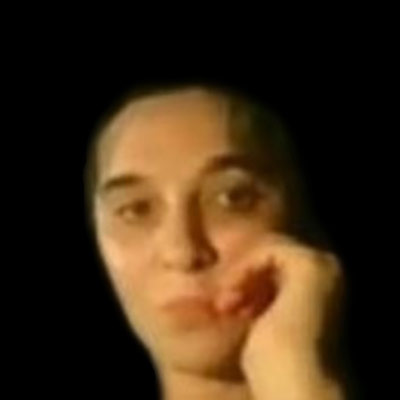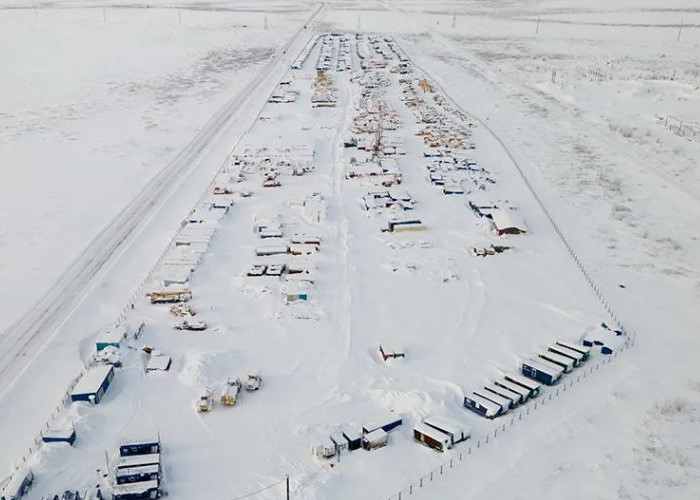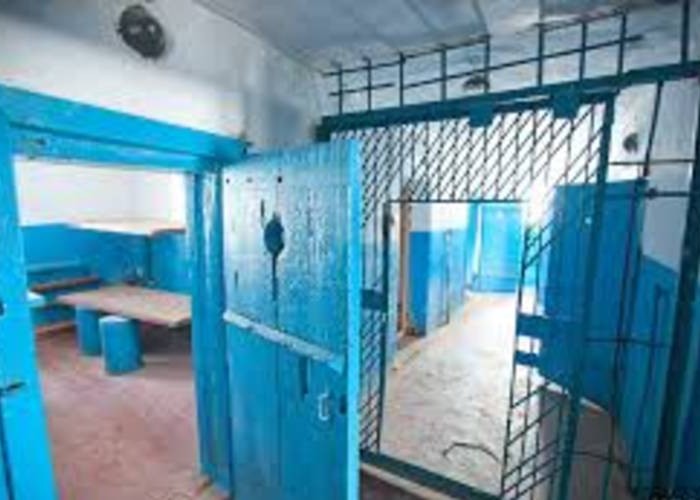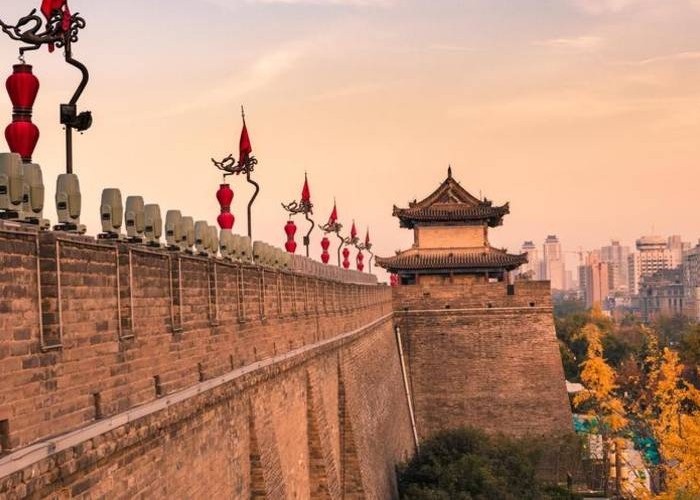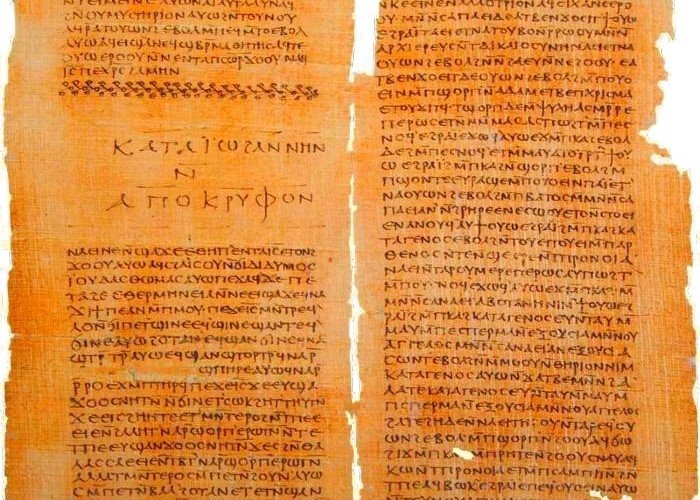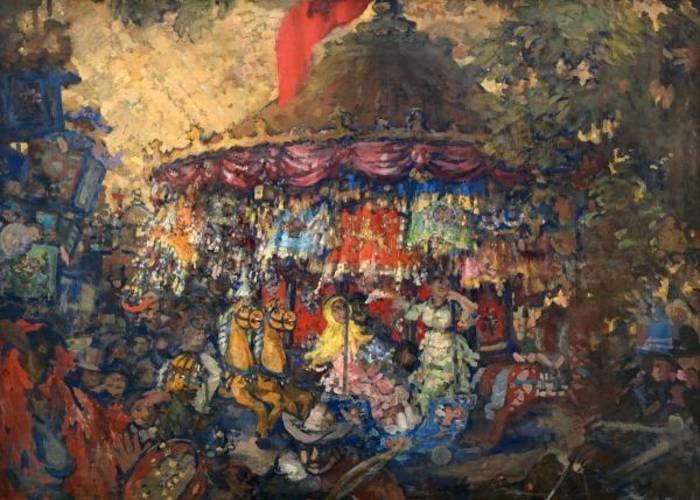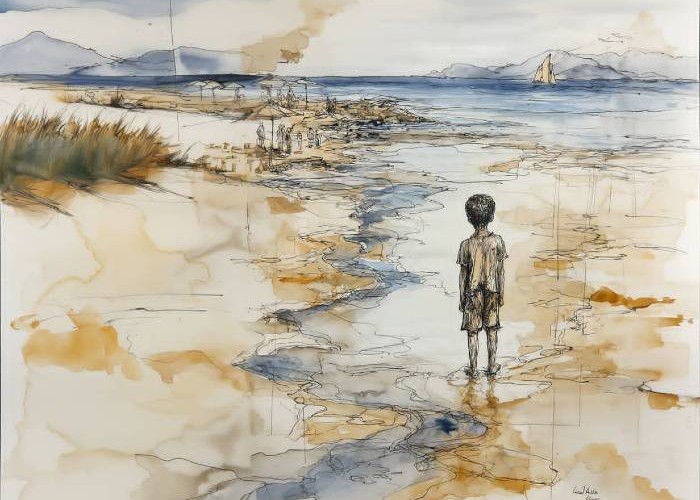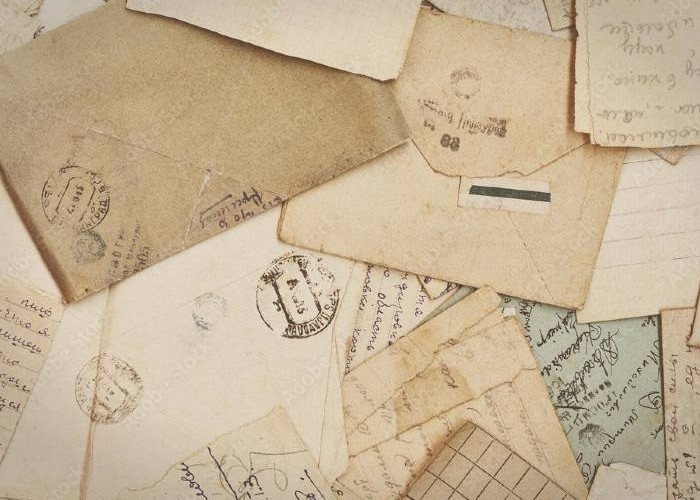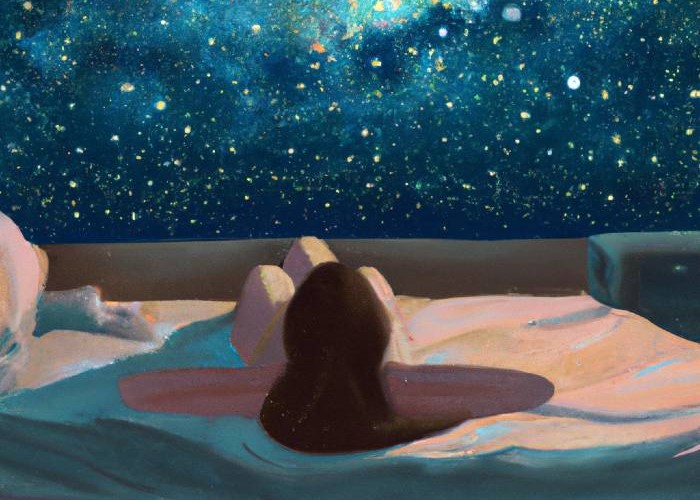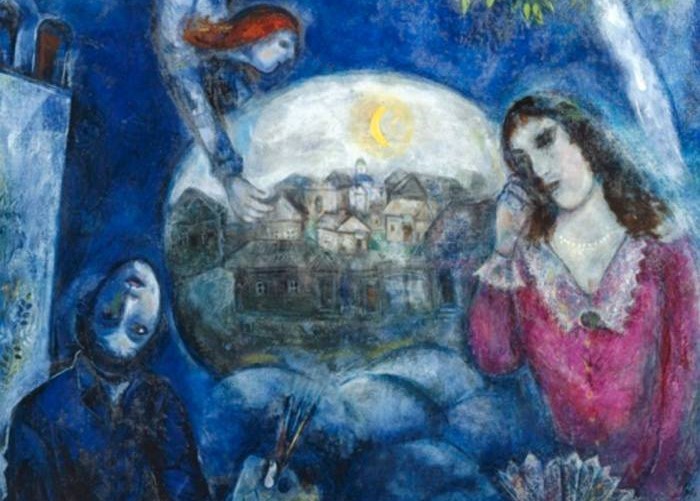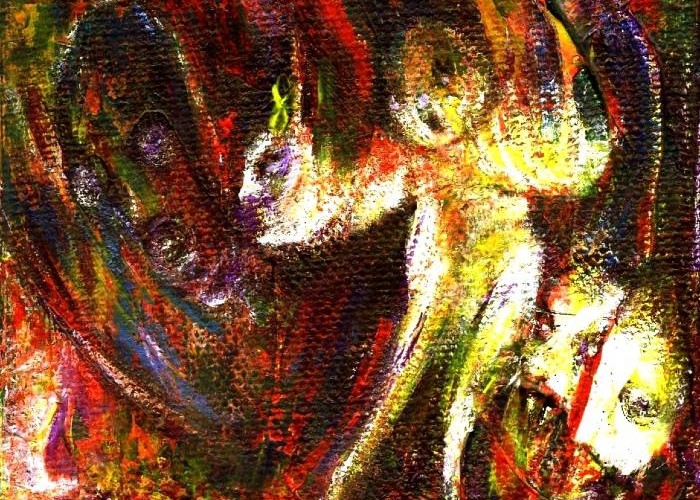When the Boarson family was getting ready to have dinner, Tillie, the littlest one, was in the kitchen, exhausting the family cook, Two-Legged Marfa, with his questions.
Tillie’s first question that day was, “Why do you have two legs and not four, like all normal creatures?”
“Because I’m a different species,” answered Two-Legged Marfa, stirring the porridge with her front paw. We must admit that it was a strange paw: all skin and no fur. Marfa said the right word for it was “hand,” not “paw,” no matter the word “hand” sounded strange to everyone in Tillie’s family.
“And what species is that?” asked Little Tillie, although he knew the answer very well, as it was not the first time that he had asked this question.
“Human,” answered Two-Legged Marfa, as she did many times before.
“And why?”
“Why? Well, Baby, there was a time, long long ago, when my species ruled the earth.”
“What does it mean – ‘ruled the earth’?”
“Well, we were masters of this planet, that’s what it means. I told you this story before–you remember.”
“And what happened – why did your species stop ruling?” asked the little one, again repeating questions he had already asked.
“Well… It’s a long story, Little Tillie,” said Two-Legged Marfa, as she always did.
“Tell me!”
“So, as I told you before, my species became very advanced, or at least many of us thought so, we invented all sorts of gadgets, we learned to do amazing things, such as to transplant a heart or a liver to make a sick person live longer and many many other things, and we multiplied until there were so many of us, there was no room on this planet for any other species but ours. But there was one thing we never learned. We never learned to stop fighting with each other.”
“You fought with your mommy?” asked Little Tillie, also known as the Boar Boy.
“No-no, that’s not what I mean by fighting, Baby, and I told you this before, didn’t I? It wasn’t about a child fighting with her mommy. It was one tribe fighting with another tribe, although we didn’t call them tribes anymore; instead, we said ‘Countries’. Or, ‘states’. There were a few states that by the end of the 20th century learned not to fight with each other, after two world wars in which millions of us had been killed. But other states hadn’t learned the lesson of those two world wars, and they started wars, one war after another, and by that time, little one, my species had the most advanced weapons in the history of mankind, weapons that could kill many-many of us in one second, just by pressing a button.”
The Two-Legged One paused.
“So go ahead. Tell me what happened then.”
“So, as I told you before, Little One, there was one particular country, let’s call it the land of Rusks, that started a war with another country, the land of Ukrs. The land of Rusks was the largest country on earth, and its leader was upset that the smaller country, the land of Ukrs, became a separate state – he wanted the Land of Ukrs to remain part of his huge empire, the Empire of Rusks. You understand this, Baby, don’t you?”
“No…,” Tillie admitted honestly.
“To make the long story short,” said Two-Legged Marfa, stirring the porridge, “the leader of Rusks became angry that his country couldn’t win the war he had started in the land of Ukrs, and he did the unthinkable – well, it was the unthinkable then… But not any more of course.”
“What did he do? Tell me!”
“He pressed the button.”
“And what happened then?” asked the Boar Boy, although he heard the story before. He could never tire of asking the Two-Legged cook the same questions, over and over again.
“And then,” said Marfa, the two-legged cook, “there was a big explosion, so big that radiation was everywhere, in every country, even as far away as Indonesia, Argentina, and Australia.”
“What’s radiation?”
“I told you before. Wherever there’s radiation, people – that’s my species, human beings – can’t live. We have to leave the area. That area becomes an exclusion zone. Such an exclusion zone only existed in two places – Chornobyl and Fukushima.
“And what are Indonesia, Argentina, and Australia?”
“Countries. As I told you before, my species, humans, divided the world into countries. So radiation was everywhere, even in the most remote part of the world, Little One.”
“And what are Chornobyl and Fukushima?”
“They were places where there used to be small exclusion zones – small compared to what happened later.”
“And then what?”
“And then we humans couldn’t live on this planet any longer. Many of us perished, and some of us …”
“And some of you – ?”
“Other species were able to live in the exclusion zone. Species that we humans thought had been extinct, reappeared – just because we were gone. We had been the cause of their disappearance, and now that we were gone, they began coming back, and places that had been our cities were now forests once again ….”
“Cities? What are cities?” asked the Boar Boy, so full of curiosity, it practically poured out of him.
“We had many great cities… Paris, London, Berlin, New York, San Francisco, Moscow, Kyiv, Warsaw, Prague, Vienna, Jerusalem, Rome, Venice, Madrid, New Delhi, Sydney… Ancient cities, new cities, big cities, and medium-sized cities, all turned into forests again.”
“And what happened to your species? Where did they go?”
“The radiation was so strong that most of us did not survive… except for a few… One of them was my grandmother. She was a survivor! She raised my mother in a cave, in the middle of a forest, with a few other surviving humans. That’s how I was raised, too. And here I am.”
“And here you are?” echoed Little Tillie.
“And here I am, cooking dinner for a family of wild boars, the subspecies that we thought had been extinct. That is, we thought so in the old days when we humans still ruled the earth.”
“You must be so glad that we are not extinct, as you say!”
“Well… I would be…if I were an ecologist.”
“What’s an ecologist?”
“Someone who cares about ecology… the survival of the planet and other species.”
“You are an ecologist! You care about us!”
“Well… I was born when the situation was well past caring or salvaging… Not much could be done after the leader of the Rusks had pressed that button and the radiation spread everywhere, turning the whole planet into an exclusion zone.”
“But aren’t you glad you are here with us now?” asked the Little Boar.
“Well… You could say so…but… It’s time for dinner. Tell your parents dinner is ready.”
The Little Boar ran to call his parents to dinner.
